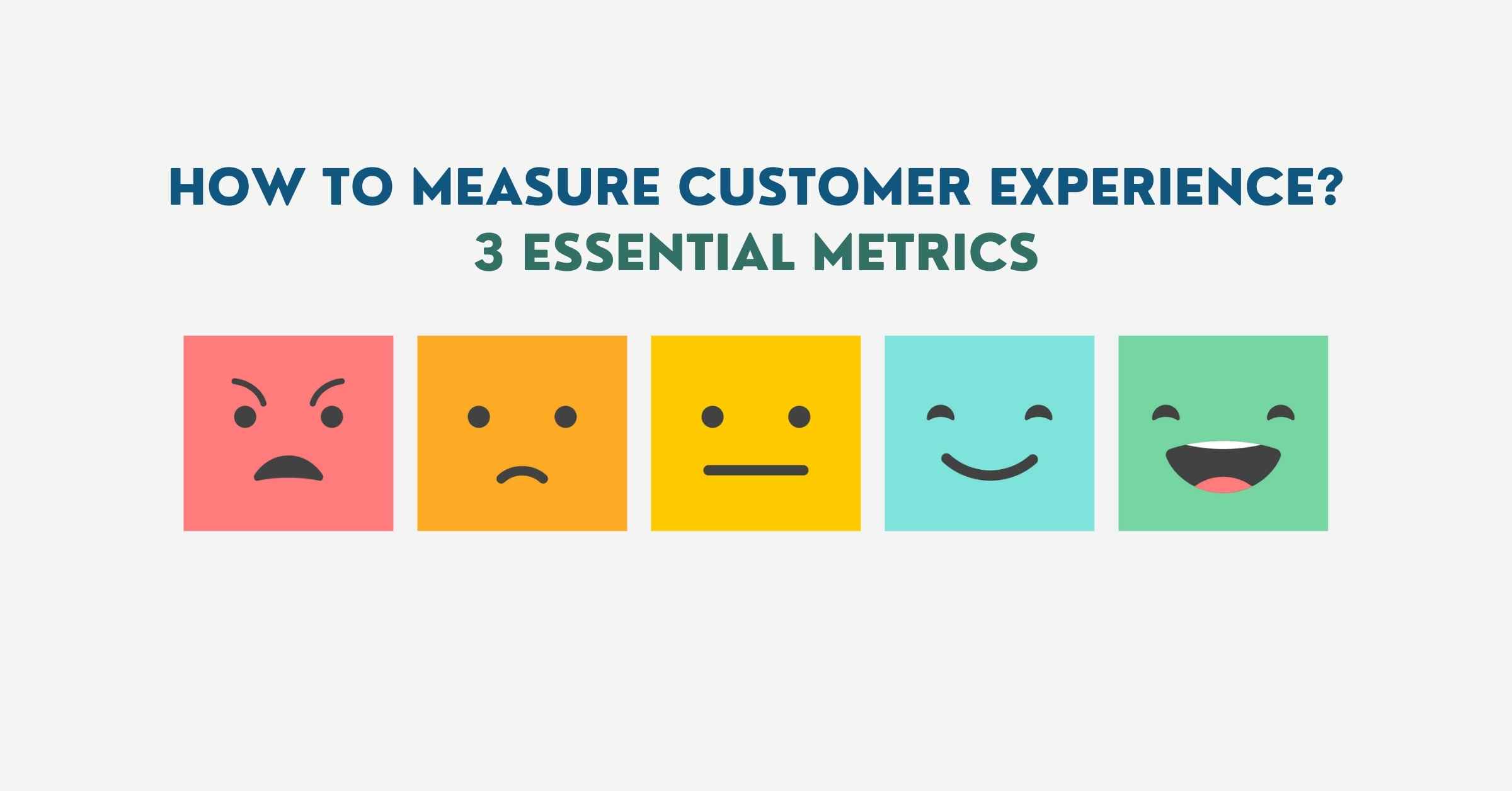Why do you need to measure customer experience?
The reason to measure customer experience is fairly simple. Companies need the overall experience and perception of their brand in the eyes of customers. It becomes essential for businesses to track CX and evaluate the improvements or deterioration of experience with changes in the business workflow.
Now, since CX is such an encompassing aspect that some people perceive it as a subjective concept. However, certain metrics can be deployed and used to quantify and measure customer experience. These metrics can be used individually or in a combined form to get a holistic picture of customer experience.
Below are the metrics used to measure CX:
Customer Effort Score (CES)
The journey the customer has to take must be as simple as possible. Customer Effort Score measures the experience of a service in terms of how much effort did the customer had to put to carry out an action.
CES Surveys are direct interactions of customer success teams with customers with questions to determine the ease to resolve an issue
or rate their overall onboarding experience, for example.
Net Promoter Score (NPS)
NPS is one of the primary CX metrics that measures the loyalty of a customer. It establishes a simple quantification on a scale of 0 to 100, which represents customer experience.
A simple rating question like, ‘On a scale from 0 to 10, how likely are you to recommend this service to a friend?’, is a perfect example of the NPS survey. You can create follow-up questions depending on your product or service.
Customer Satisfaction Score (CSAT)
Unlike the NPS Survey where we collect and quantify the overall brand experience, in CSAT we focus on certain touchpoints. CSAT measures customer satisfaction at these touchpoints and interactions of high value to the business.
CSAT is somewhat a subset of NPS where we get the satisfaction score to represent the customer experience. Generally, we use a 5 or 7 point scale along with binary yes/no answers.



